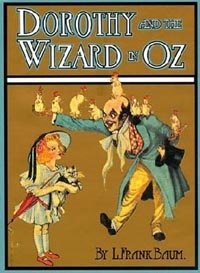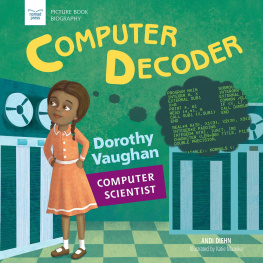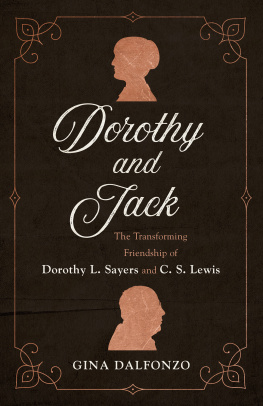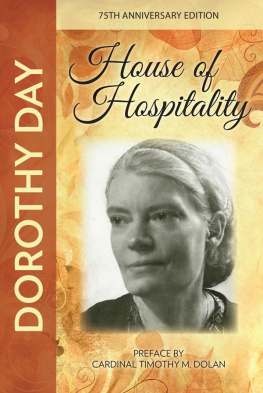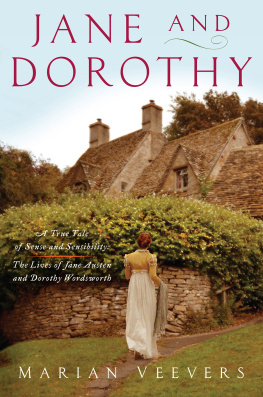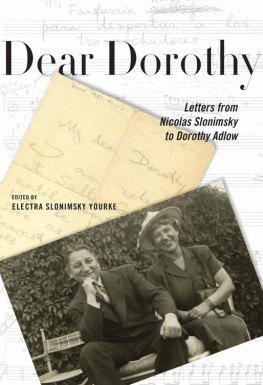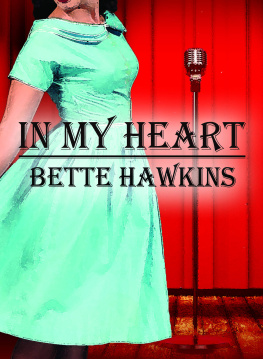A Skating Life
Dorothy Hamill
with Deborah Amelon

This book is for my daughter and my parents.
I love you.
CONTENTS
PROLOGUE
Innsbruck, Austria
THE HOTEL ROOM WAS SO THICK WITH CIGARETTE SMOKE we could barely make out my mother sitting in the middle of it. It was February 13, 1976, and I had just won the Olympic gold medal for ladies figure skating. The group of us, my dad, sister, brother, and sister-in-law, had dashed back excitedly to tell my mother the results. She got up off her chair as if shed not moved for hours and came closer to me.
How did you do? she asked.
I won.
Thats nice, Dorothy.
She had not come to the arena to see me skate nor to watch the medal ceremony and, thirty years later, this still remains a mystery to me. I had run off the ice after I had skated and into my fathers arms. Wed watched my scores being posted together as the joyous crowd threw bouquets of flowers on the ice. I went through the entire medal ceremony with mixed emotions. With my heart beating loudly, I was overwhelmingly proud hearing our national anthem and knowing that my decade of hard work had culminated in this most time-honored of victories. I felt it had all paid off for the numerous people who had helped me get here, to the highest step on the podium. I thought of my coaches, my father, my brother, sister, and all the many friends and relatives who had contributed in any way they could. Most of all, I thought of my mom. As thousands cheered in the arena, and millions more watched on TV, I was ecstatic sharing this experience with everyone who felt my joy. But I was also standing up there quite alone. I wondered where my mother was in the arena. I could not see her. And it wasnt because I wasnt wearing my glasses. Id find out after the ceremony that she wasnt there.
My mother is the most giving, self-sacrificing woman I have ever known, but Ive always been confused by her. One would think an Olympic gold medal around my neck would erase the pain our relationship caused me, but I seemed to feel it more intensely than ever. Here was the woman most closely responsible for my success, who had watched me at almost every practice, overseen every decision, and had not only changed her life for me but altered her entire being to help me become the best skater I could. Her years of unflinching devotion to my goal were finally fulfilled, yet she could not express happiness for me. Nor for herself.
The emotion I felt walking into that Innsbruck hotel room and hearing my moms impassive response, Thats nice, for winning an Olympic gold medal actually began years before our arrival in Innsbruck. I wondered at that time how we could have come to this, a mother and daughter with lives so intertwined but so estranged. I couldnt possibly have known then that the battleground of our relationship was just the beginning of a series of obstacles that would begin after my winning the Olympics. It has taken me years to realize that this battleground had its roots planted long before I was born. I could have chosen to let it stop me from achieving my goals or I could use it to spur me on. It has always been my choice, even though I didnt know it at the time. The lessons I learned along the way, and continue to learn, go far beyond the edge of an ice rink.
OUR FAMILY LIFE, BEFORE FIGURE SKATING TURNED IT upside down, seemed normal. Our town of Riverside, Connecticut, was part of Greenwich and we had the advantage of their wonderful community, with great beaches and beautiful parks. Many of my relatives and friends of my parents kept boats on the Long Island Sound; my dad loved the water and he wanted us to have one too. We bought the best one we could afford, a third-hand cabin cruiser. As a family, we decided to name it On the Rocks , a name that could have foretold my future because my parents had to sell it when I started the expensive sport of figure skating. We would all dock our boats together, and my cousins and I would run from boat to boat. So much of our lives revolved around the water. My family had a membership to the Riverside Yacht Club, where my brother, Sandy, learned to sail and I competed in local swim races. My sister, Marcia, became a competitive springboard diver and my brother excelled in water polo. We would spend weekends at my maternal grandparents summer home in Rockport, Massachusetts, just a couple miles from the ocean. Jonsie and Bill loved being with their grandchildren: They took us to historic landmarks and picnics at the beach, and treated us to lobster dinners (lobster was inexpensive in those days). Marcia, Sandy, and I would pick wild blueberries; my grandmother loved to bake them in muffins and pancakes, indulging our sweet tooth. We were so lucky, and had such fun running around and teasing one another. Between the Yacht Club, the boating life, and summering in Rockport, I was living a privileged childhood.
We were the all-American happy family. Wed play capture the flag and tag in our grassy front yard. Mom had her bridge parties at the house and there always seemed to be laughter. My brother concocted science experiments and kept us on edge with his results. Marcia practiced her ballet and I loved to copy her. I wanted to be just like her and always tried to tag along after her, so happy whenever she and her friends would let me play with them. Mom was not a good cookshed boil vegetables until they were grayso we looked forward to Swanson TV Dinners. But, with her great sense of humor, she took it in stride and laughed at herself. We had warm family gatherings, both at our house and my Aunt Zippers large home in Stamford. I fondly remember singing around their fireplace, dining room table, or wherever, on every holiday.
Then there was the daily ritual when Dad would come home from work and indulge in cocktail hour, his generations euphemism for suburban drinking. My father, Chalmers (Chal), was born into a family well known for their artistic and intellectual pursuits. He was the middle child of seven, the eldest son, whose father was a Princeton grad who went to Harvard Law School. Before his father started working for the Department of Justice in Washington, DC, he and his wife, Edna, raised their brood in White Plains, New York, at a time when there was no television. Families found other interests. Lucky for me, the Hamills found music. Growing up, Dad and his sisters loved to sing, especially as my father became more proficient on the piano and the clarinet. He never had a music lesson in his life, yet he taught himself to read and arrange music. At fifteen, my dad had his own band, but as the firstborn son, he was expected to enter into a traditional masculine career. He went to Princeton to become a civil engineer and also managed to develop his musical gifts. He wrote arrangements for the Princeton Nassoons, an a cappella singing group that exists at Princeton to this day. He so loved his work with the Nassoons that he continued to arrange music for them after his graduation (and the group so loved his work that they still perform his arrangements, fifty years later). Despite his obvious musical talent, he ran the government division at Pitney Bowes for thirty years to support his family.
Mom and Dad had their nightly cocktails together, to catch up on the events of the day. It wasnt any different from the drinking their parents had done to deal with the unspoken depression in both of their families. My mother, Carolyn (Carol), was raised in Newton, Massachusetts, with her one brother. Shed inherited a sense of adventure from her mother, Esther Jones, who had bravely ventured to the East Coast from her home in California to go to dental school, where she became a hygienist and met my grandfather, Willis Clough, a 1918 Harvard graduate. My mother was sent to an all-girl private high school in her junior year and it changed her life, giving her a sense of empowerment and independence at a crucial young age. Dana Hall in Wellesley, Massachusetts, expected all its girls to choose their own sports. They played on varsity teams in a league against other all-girl schools, thirty years before Title IX, when school sports were generally only for boys. Mom excelled at field hockey and basketball, not traditionally womens sports. My maternal grandmother played some golf but otherwise never had any opportunity to pursue sports. She must have seen something in her daughter and wished more for herjust as my mom wished more for me.


